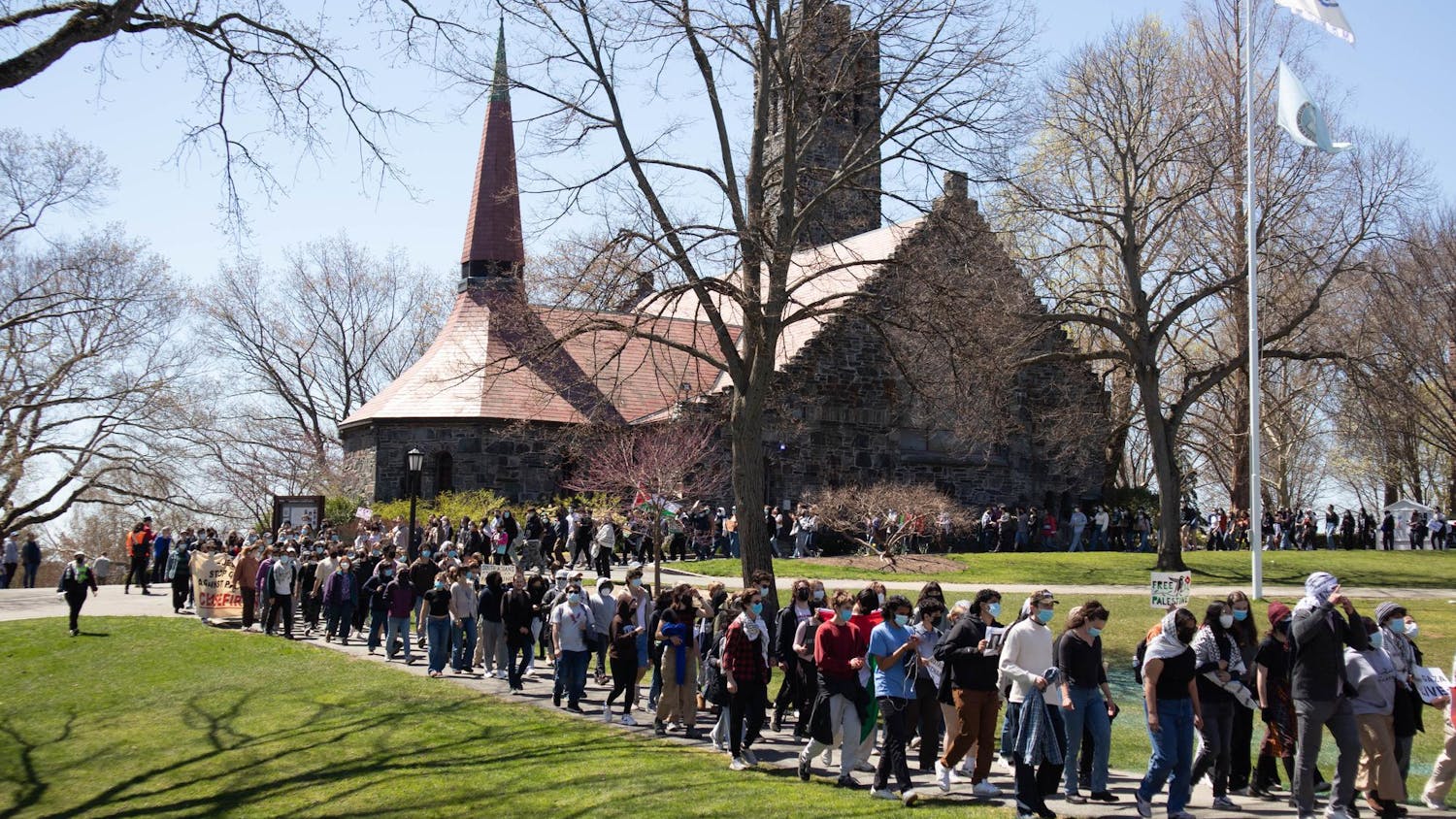The federal government may be locked in standstill, but Boston politics press on. The mayoral election on Nov. 5 will determine the successor of long-serving Boston mayor Thomas Menino. After the Sept. 24 preliminary election, the choices have been narrowed down to City Councilor John R. Connolly and State Rep. Martin J. Walsh , who received 18 percent of votes to Connollys 17 percent. The two advance over 10 other candidates.
Serving as mayor of Boston since 1993, Menino made the decision not to run for an unprecedented sixth term in 2013 due to personal health problems. Described by the New York Times as a workhorse, Menino is Bostons longest serving mayor and has met around 50 percent of Boston residents, according to a 2013 poll. Thomas Menino was the only non-Irish American candidate to be elected since 1930, but Walsh and Connollys success in the primary guarantees that Boston will again have a male Irish-American mayor.
This has to be regarded by many as a disappointment, Paul Watanabe, a political scientist at the University of Massachusetts Boston told the New York Times. The new Boston is based on the fact that this has become a majority-minority city.
After receiving a high approval rating for many of his terms, demonstrated by an 82 percent approval rating in July 2012, Meninos decision has opened the door for a wide range of mayoral candidates.
Elimination Process
The 12 original candidates consisted of five black candidates, a Latino candidate and six white candidates. One of the 12 was a woman. This diversity in choice of candidates represented the diversity of Boston residents, where 53 percent are members of a minority group. The candidates covered a variety of issues, including jobs, education and the economy.
Despite some citizens hopes that the election would bring a landmark win in diversity for African-American candidate Charlotte Golar Richie , who came in third behind Walsh and Connolly, the primary resulted in two white, male, Irish-American candidates in their 40s as the main competitors.
Connolly
Connolly, who grew up in Roslindale and was endorsed by the Boston Herald, is a member of Boston City Council, a former teacher and Boston Public School parent, according to his campaign website. His campaign has focused on education.
He is running for Mayor to transform our public schools, to bring a more inclusive, open culture to City Hall, and to usher in a new era of innovation across the City of Boston that puts us in the lead when it comes to creating safe, healthy and livable neighborhoods, the website said.
After obtaining his B.A. in government from Harvard University and then his J.D. from Boston College Law School, Connolly has worked as a teacher in New York City schools and as an attorney with community-based organizations, such as Action for Boston Community Development and the PrideLights Foundation, a South End-based gay rights organization.
According to his campaign website, while on the city council he worked to improve the educational experience for children. Specifically, he focused on the dropout rate, the geographical spread of high quality schools and increased face time with teachers.
Residents in Boston ranked education as the biggest problem in Boston, according to a MassINC poll conducted in September, which distinguished him from the 11 other candidates, giving him his second-place success in the primary with 17 percent of the vote.
Walsh
Walsh, who received just over one percentage point more than Connolly, has served as representative of the 13th Suffolk district in the Massachusetts House of Representative since 1997. Walsh received his B.A. in social science from Boston College.
In the House, Marty has established himself as a leader on creating and protecting jobs and growing the economy, his campaign website said.
Walsh also claims to be a champion of civil rights. Raised by Irish immigrant parents in Dorchester, Walsh has always been surrounded by politics, the labor movement and community engagement work. With his focus on labors and unions, WBUR has labeled him the labor guy.
Walsh, now living with partner Lorrie Higgins and their daughter in Dorchester, has been open about his past. At age seven, he was diagnosed with Burkitts lymphoma, a form of childhood cancer, and has made a miraculous recovery. He has also remained open about his past drinking problem: After struggling with alcohol and attending a detox facility in Cape Cod, he had his last drink on April 23, 1995. Two years later, he successfully won a special election for a vacant seat in the Massachusetts House of Representatives.12





